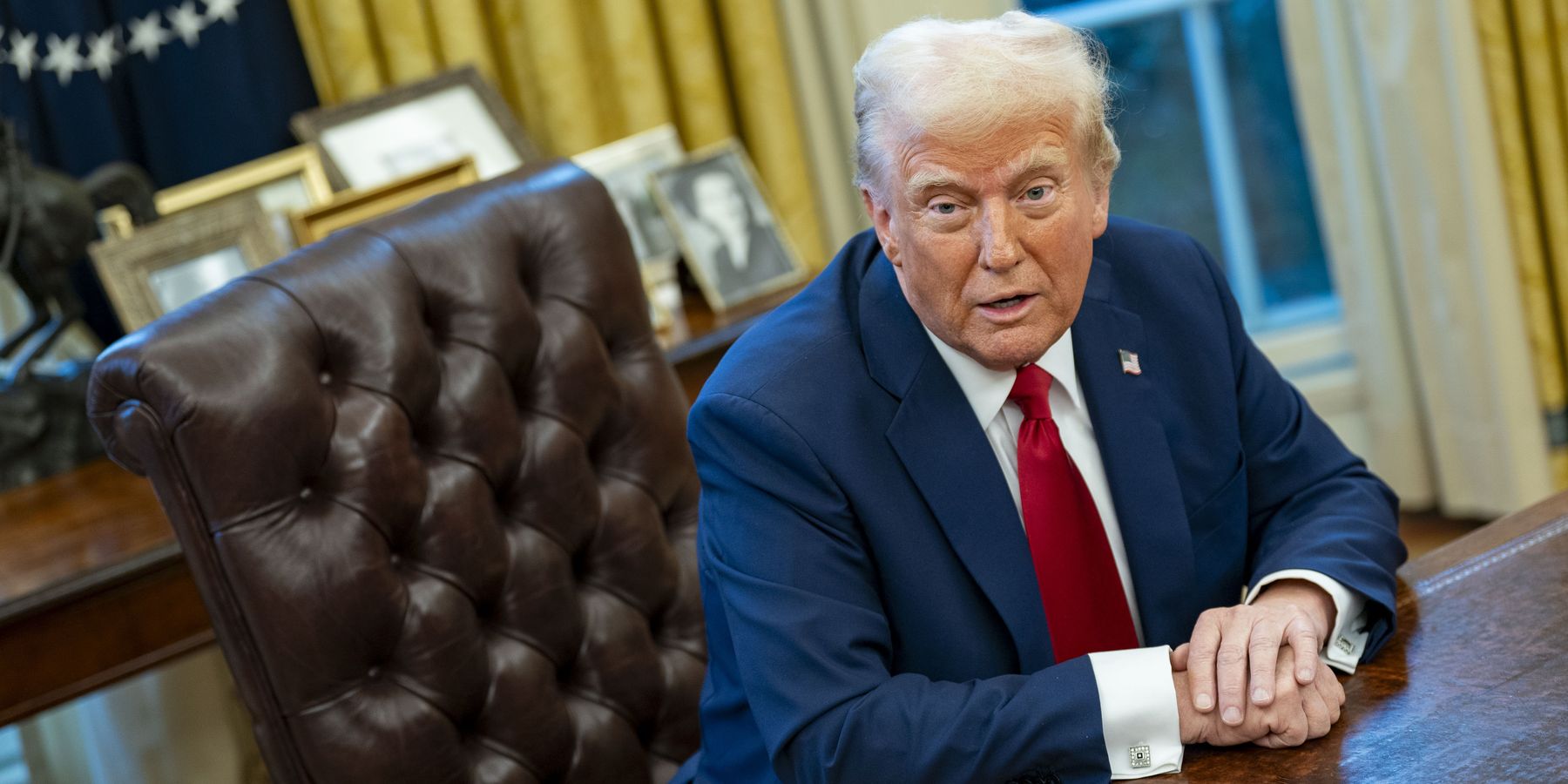In response to a question about foreign reports that he is ordering U.S. troops out of Syria, Trump said Thursday that he did not know where that came from, however, he added, "we're not involved in Syria. Syria is in its own mess. They've got enough messes over there. They don't need us involved."
Earlier this week, Israeli official broadcasting channel Kan reported that “senior White House officials conveyed a message to their Israeli counterparts indicating that President Trump intends to pull thousands of US troops from Syria.” The news was picked up by a number of foreign news outlets, but was ignored here in the U.S.
During a Q&A with reporters after an Executive Order signing session (about 13:19 in the video) at the Oval Office Thursday, Trump was asked about the report. He did not seem surprised, but was curt in his answer nonetheless. “I don’t know who said that, but we’ll make a determination on that."
The United States reportedly has some 2,000 troops in Syria, which is reeling from the December fall of Bashar al-Assad's government and the takeover of former Al-Qaeda linked militants HTS. The U.S. has been manning outposts in the northeastern part of the country throughout the Syria civil war, ostensibly to fight ISIS and provide assistance to the Kurdish-led Syrian Defense Forces, which are in charge of detention camps housing ISIS fighters. The U.S. has been conducting numerous airstrikes and raids against ISIS targets there, including the reported killing of "Muhammad Salah al-Za'bir, a senior operative in the terrorist organization Hurras al-Din (HaD), an Al-Qaeda affiliate" in a "precision airstrike in Northwest Syria" as reported by Central Command on Thursday.
But critics are hoping that Trump will "determine" that the troops on the ground are if anything in harm's way and need to come home, as he did in 2018 when he was last president and was thwarted by his own Pentagon. Since then the landscape has become more murky and volatile and critics are concerned that Washington will see the turnover in power in Syria as justification to stay longer.
“Arguing for an indefinite U.S. troop presence in Syria both overstates U.S. influence and ties troops to uncontrollable conditions,” said Quincy Institute Middle East Fellow Adam Weinstein, who is also a Marine Corps veteran of the Afghanistan War.
“Syrians have taken back their country and Washington should respond with diplomacy and sanctions relief rather than indefinite troop deployments," he added. “ISIS is largely degraded, Assad’s regime is gone, diplomatic outreach to the new leadership in Damascus is underway, and Iran’s proxy forces have taken a severe beating. There’s little reason why U.S. troops should remain in Syria.”
- US forces still fighting inside Syria amid power vacuum ›
- DoD denies US military building a new 'base' in Syria ›
- If true, Trump move to withdraw US military from Syria is the right one | Responsible Statecraft ›
- Trump's wise, bold Syria reset | Responsible Statecraft ›
















